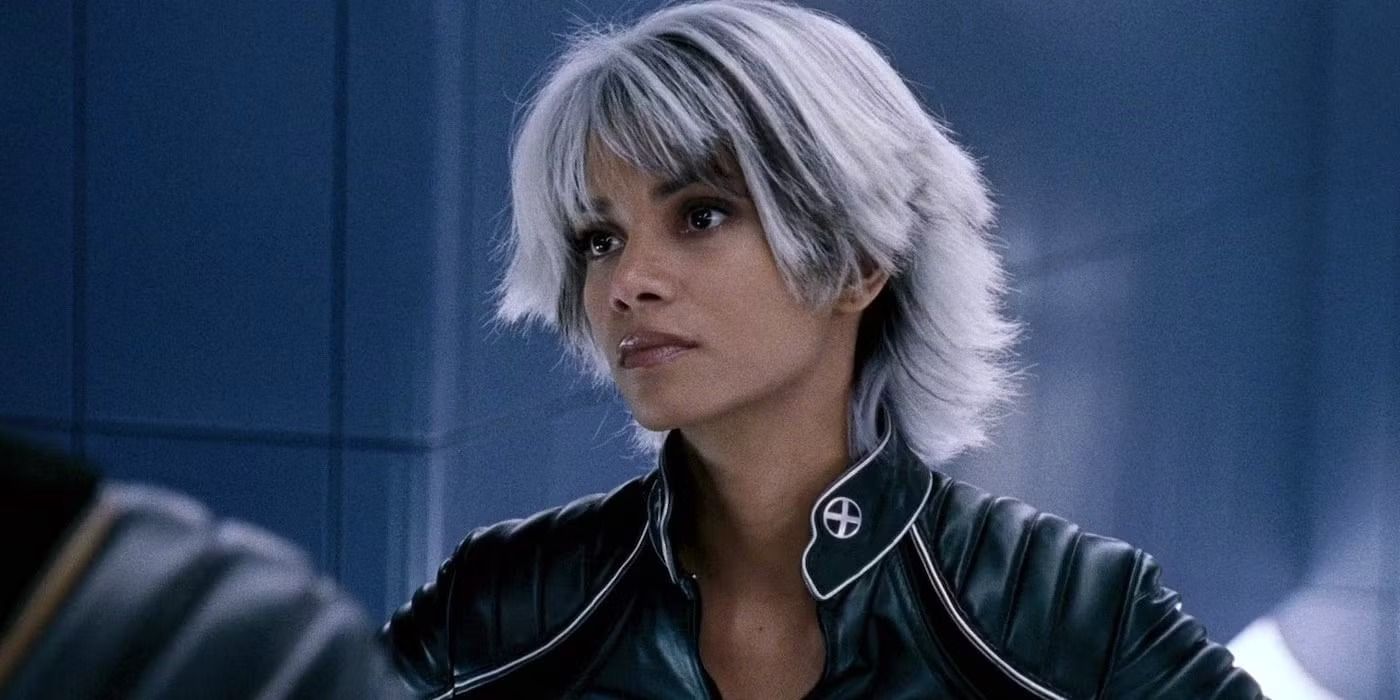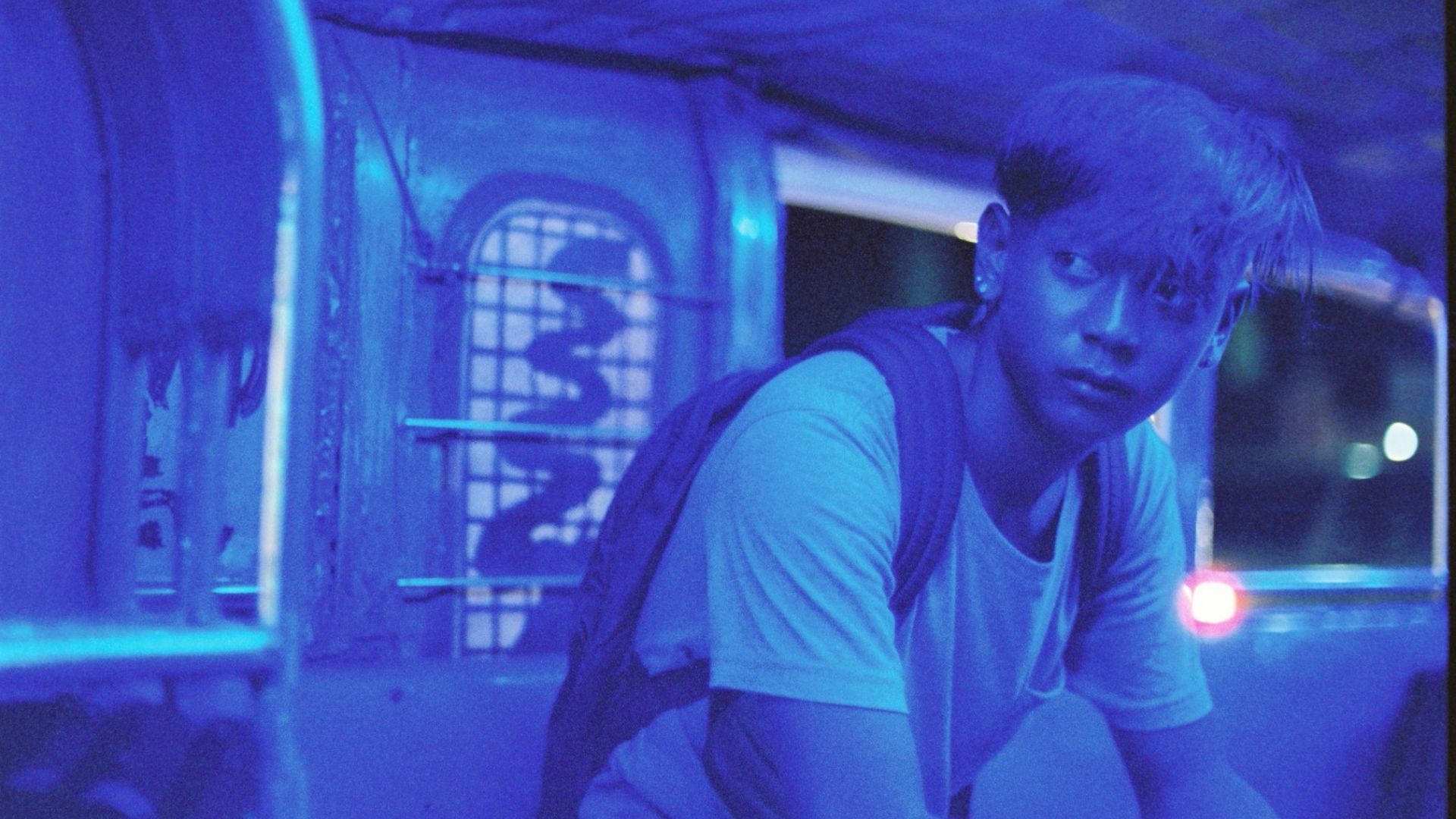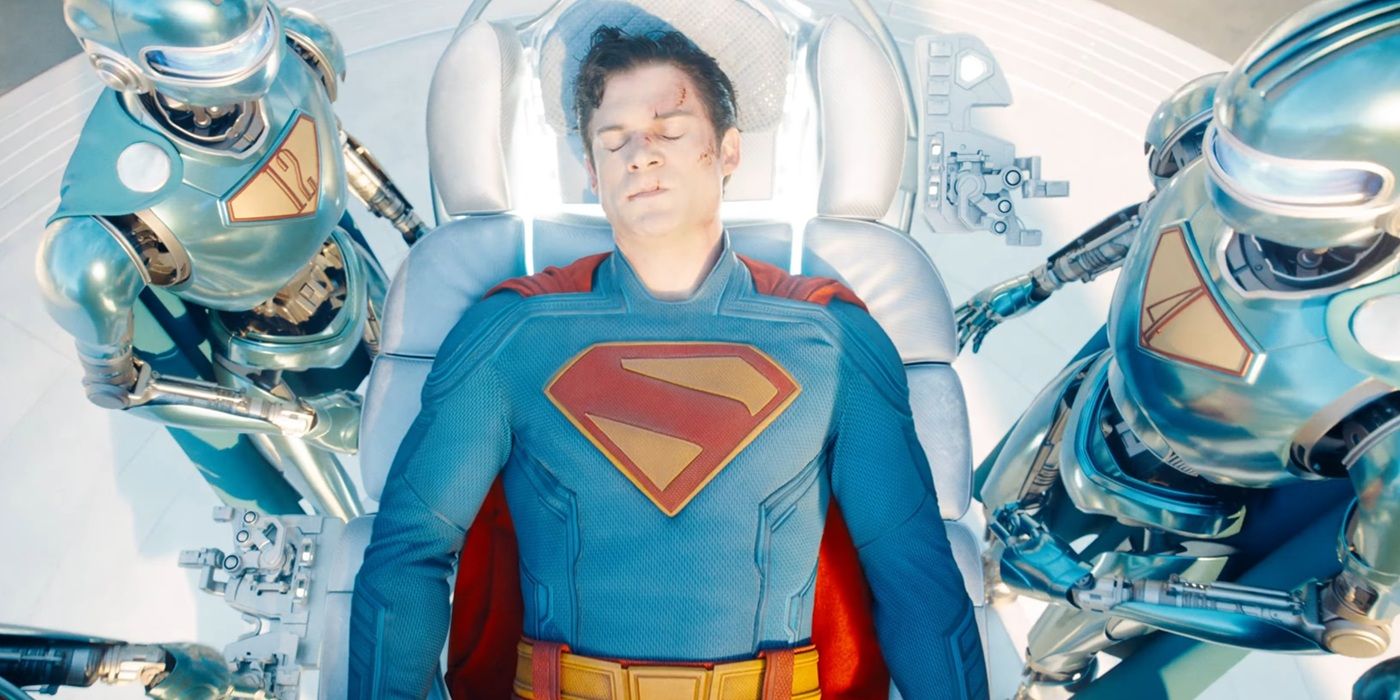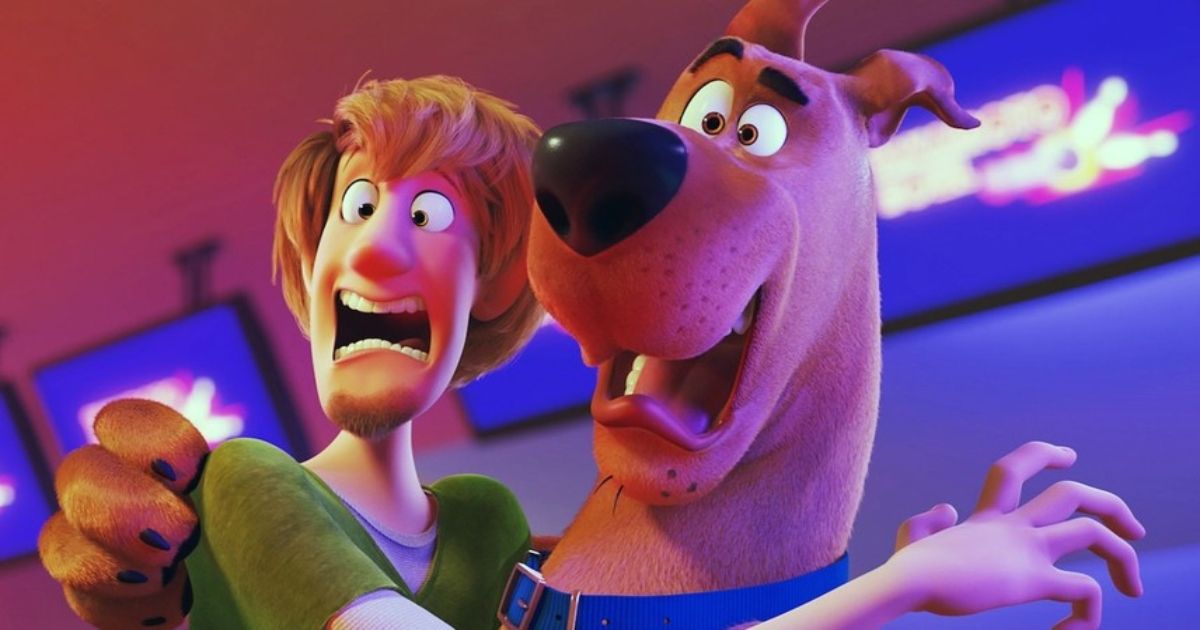What a situation! The instability of it keeps “Challengers” on its toes even when it’s on the verge of getting tripped up by plot machinations and the past/present storytelling churn of Justin Kuritzkes’ screenplay and Marco Costa’s editing. There’s a lively cinematic subgenre that deconstructs the rise and fall of a relationship by jumping around in time—two excellent examples are “Blue Valentine” and “Two for the Road”—and this movie carries on that tradition with panache, and adds many spectacularly blocked, framed, and edited scenes of athletic competition that, taken together, feel like a tennis fan’s answer to a boxing picture. (Atticus Ross and Trent Reznor’s score is insistent and relentless and loud, the techno-inflected answer to a full studio orchestra score in an old Hollywood melodrama.)
Is “Challengers” too ambitious for its own good? Or too much? Or less than meets the eye, as the late, great Village Voice critic Andrew Sarris might have put it? Probably. It kinda gets sucked into the vortex of its own narrative and technical ambitions in the final stretch. And there might be a too many clever transitions from one time period to the other, sometimes at moments when what’s onscreen is so engrossing that you’d rather the film continue immersing itself rather than cutting away to chase some other thing. And the 1970s American New Wave “What just happened and what does it mean?” ending feels unearned. It’s not so much pretentious as out-of-nowhere and feels not-right for what preceded it.
The pleasures of “Challengers” are visceral, intuitive, at times animalistic. Despite the intricate structure, there’s nothing about it that announces, “I am an art film, and I will take you into the hidden recesses of the human heart and mind and leave you there to ponder the complexities of what you’ve just seen.” The tone is more like those great entertainments that starred Humphrey Bogart and Lauren Bacall from the 1940s, where every line seemed dirty because of how the actors said it.
Which is to say that the film is more Hollywood than Cannes—and not only is that perfectly fine, it’s exciting. Commercial cinema is terrified of sex these days, and adult sexuality, and adulthood generally. Anything over a certain budget level seems to neuter itself by repeatedly worrying throughout the production process whether what’s happening on the screen might potentially cause even mild discomfort in a family with young children, or between an older parent and the adult child who lives with them and has to sit beside them on the couch while watching TV. It’s a shame how the phrase “adult movie” has become associated almost exclusively with erotica/pornography, because it also describes the kind of work that concerns itself with matters that children cannot understand because they’re children.
You can view the original article HERE.
















.jpg)
.jpg)











